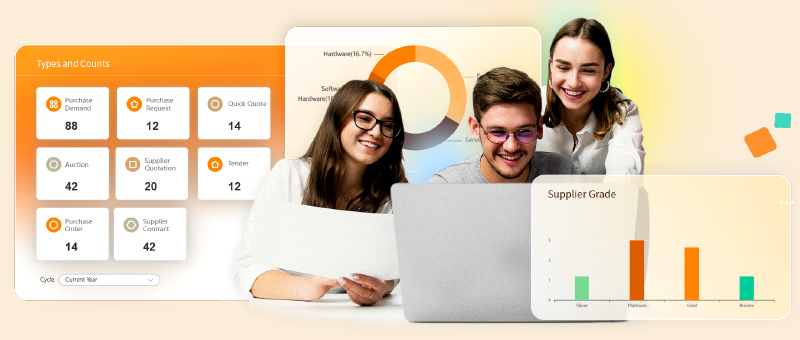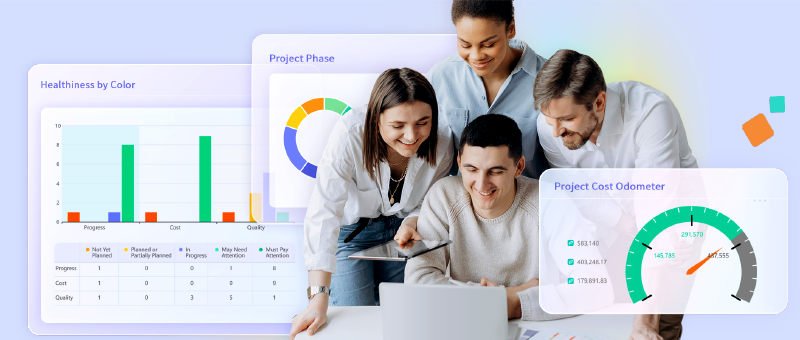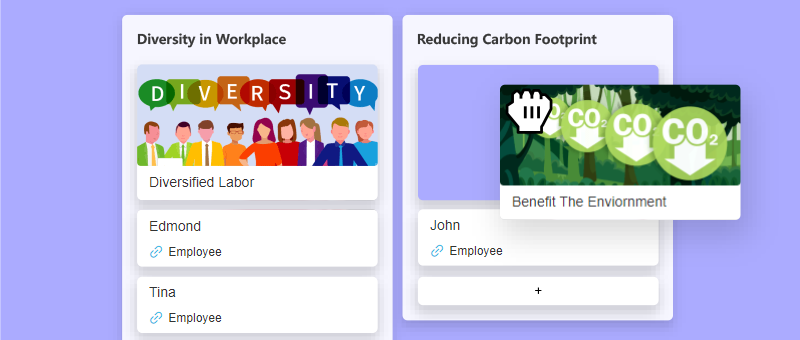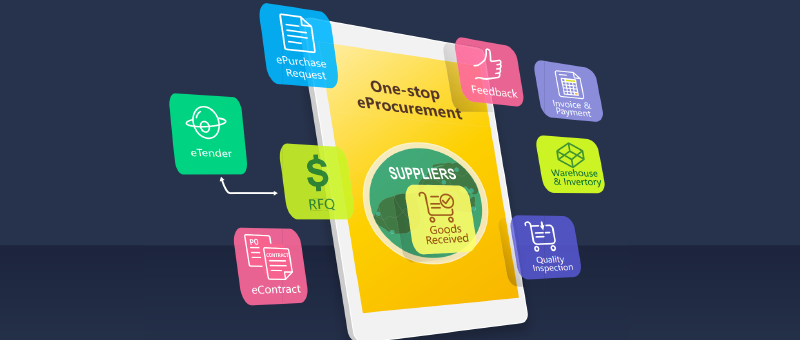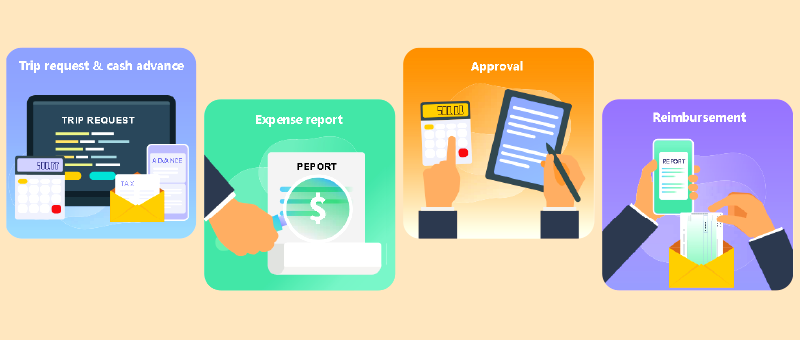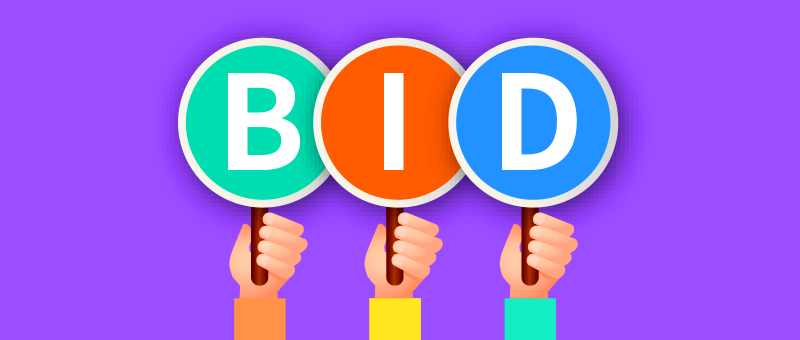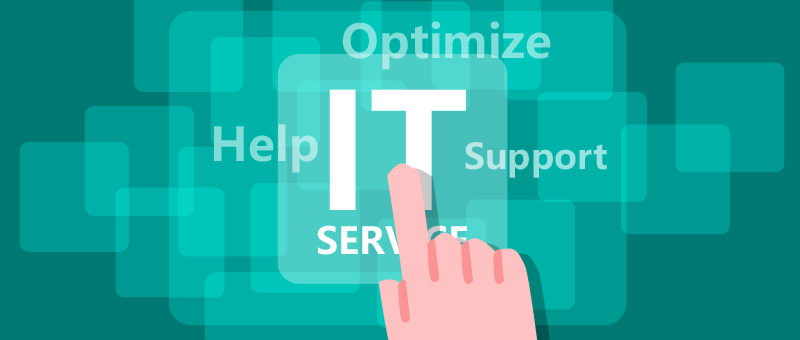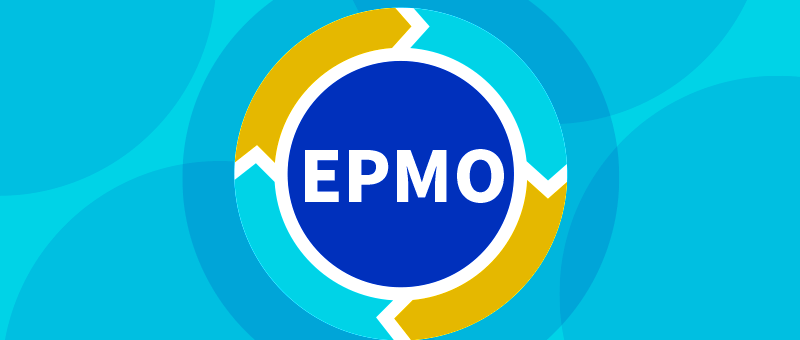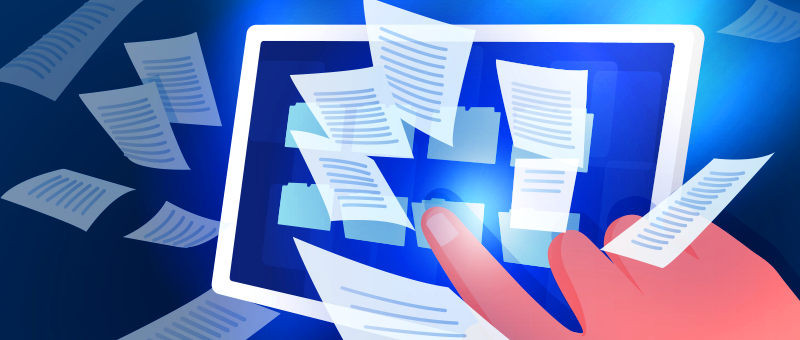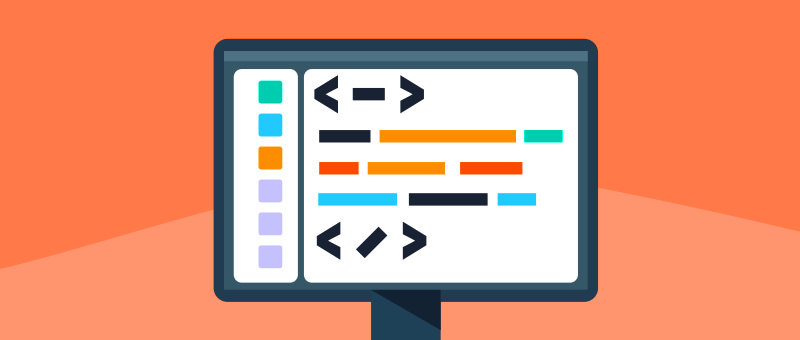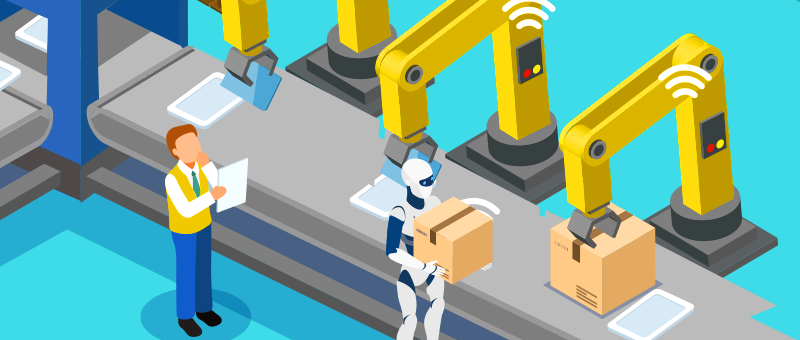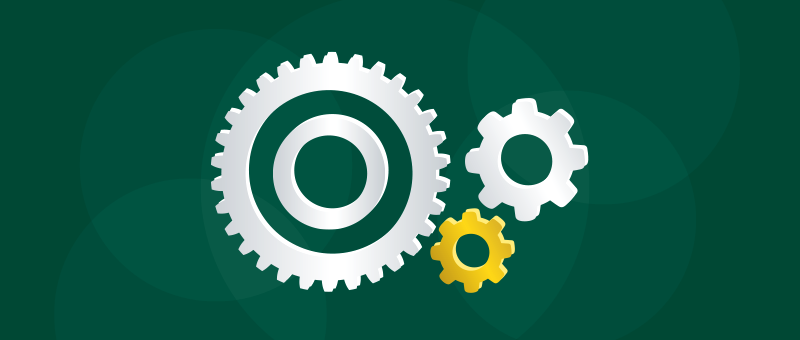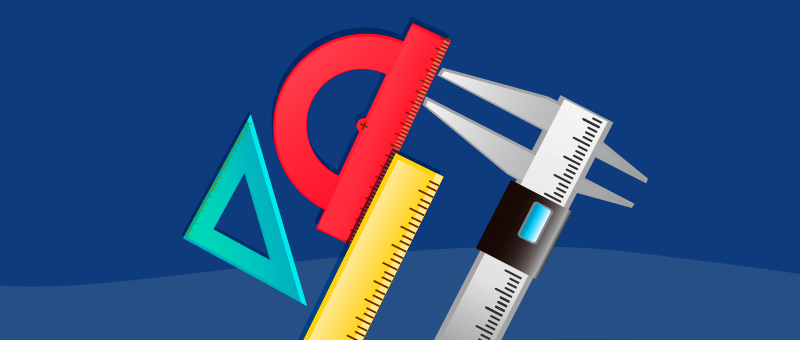Special News
The Importance of Project Management Tools
2024-09-06
For a project manager to successfully manage projects, they must master both project management methods and tools. In practice, project management tools play a vital role in tracking every aspect of a project. These tools not only improve team productivity and efficiency but also prepare organizations to adapt to the varying impacts of different projects.
What Can Project Management Tools Do?
Project management tools are designed to help project managers successfully deliver outcomes. Typically, they allow projects to be completed on schedule, within budget, and to the expected quality standards. These tools provide systematic analysis and management of personnel, products, processes, and the overall project itself.

1. Provide a Clear Overview of the Project
Project management tools enable managers to keep track of all aspects of project progress. They help break down complex tasks into simpler ones, allowing managers to understand exactly which stage the team is at. By enabling a real-time view of the entire project, managers can swiftly make adjustments, ensuring better outcomes and preventing potential problems. Improved access to timely information not only reduces issues but also helps save costs.
2. Optimize Resource Utilization
To successfully deliver a project, effective resource management is essential. Project management tools offer resource management features that allow managers to review the workload across the team, identify resource bottlenecks, and allocate resources efficiently, preventing overloading.
3. Adjust Team Members’ Work in Real Time
As leaders with a broad view of the project, project managers can adjust tasks and directions as team members report their progress. This enables managers to offer timely guidance, ensuring that team members stay aligned with the project goals.
4. Facilitate Communication
Effective communication is fundamental to project success. With project management tools, team members can communicate seamlessly on a unified platform, ensuring smooth task handovers and effective collaboration. Additionally, these tools ensure clear and efficient communication between departments, speeding up information flow across the organization.
5. Organize and Streamline Documentation
Project management tools help ensure that all project documents are well-organized and stored in the cloud. This allows managers to easily access and manage task-related documents. Team members can share and update files in real time from any location or device, ensuring that important documents are secure and never lost. Without such tools, managing project documentation would require cumbersome paper-based processes, wasting both time and resources.
Conclusion
Project management is a unique field that involves various methods and techniques. Project management tools allow managers to effectively analyze and control their projects, while closely monitoring dependencies and key factors to achieve the desired results. For modern businesses, leveraging project management tools is essential for sustainable growth and long-term success.
Most popular

How IPD drives product R&D toward commercial success

Top procurement management systems to elevate your business in 2025

Are your project managers ready for AI?
Related articles
How project management software tackles predecessor dependency delays and boosts R&D efficiency
2025-03-06
How to choose project management software for the entire project life cycle?
2025-03-04
Top 5 project management tools for banking and finance firms in 2025
2025-02-19
2025 Best team project management software: Top picks by category
2025-02-06
Top 5 project timesheet management systems: A comprehensive comparison
2025-01-22
Previous Article >
Analysis of Efficient Project Management Software
Analysis of Efficient Project Management Software
Next Article >
Common Challenges in Supplier Selection
Common Challenges in Supplier Selection






















